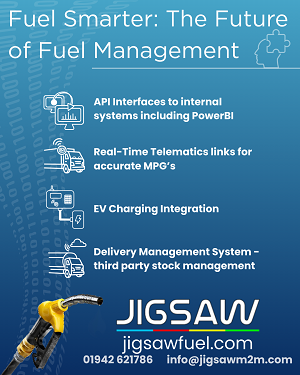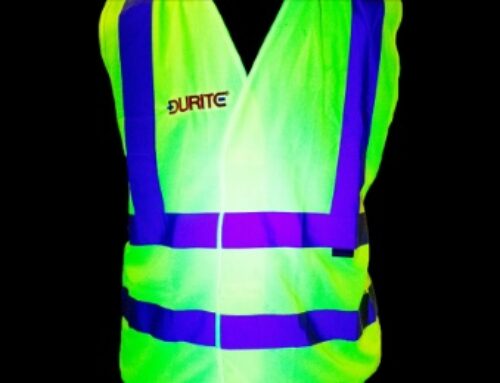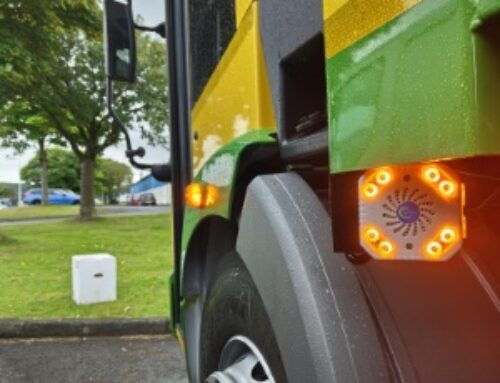Motul’s sustainable fluid future
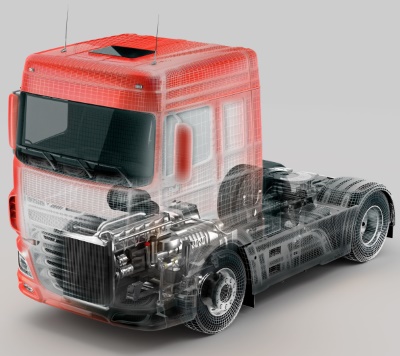
Global lubricant company Motul has outlined some of the milestone advances it has made within the market since its inception, its latest product developments, and its vision for the future.
“In the 1950s, Motul made the first major leap forward in automotive lubricants: Multigrade Motor Oil,” said the firm.
“Previous to this, people had to change lubricants in summer and winter. This new wonder product could be used all year round, in a broad range of temperatures, thereby reducing lubricant consumption and maintenance.
“Motul launched the world’s first semi-synthetic automotive lubricant – Century 2100 – in 1966. It was a product that withstood constraints and mechanical loads ten times higher than the previous-generation mineral oil lubricants.
“Then, in 1971 Motul launched the world’s first fully synthetic motor oil – Motul 300V – using vegetal-derived ester technology that had been developed for the aircraft industry. The 300V name refers to the 300 race victories that Motul cars had achieved.”
In 2023 Motul launched what it sees as its latest breakthrough range – Ngen – having looked at the market holistically and the issues and trends in the industry.
“OEMs across the board have prioritised preservation of the environment and community social responsibility, and are heavily communicating their desire to improve their environmental impact,” said the company.
“In line with this and, given the large numbers of internal combustion engine (ICE) vehicles that will be on our roads for many years to come, Motul decided to pioneer a sustainable oil range in every key aspect.
“Vitally, however, Motul has developed lubricants that do not sacrifice performance in any respect to achieve this new level of sustainability. In fact it is quite the opposite, as Ngen oils actually feature enhanced aspects of performance over their traditional counterparts.
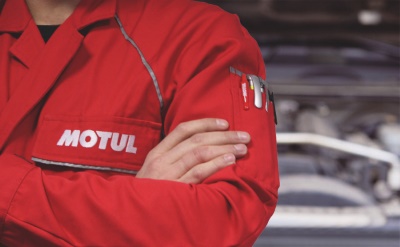 “The key to this is re-refined oil, which takes high quality used oil and recycles it through a multi-stage refining process, to produce a new base oil of ultra-high quality.
“The key to this is re-refined oil, which takes high quality used oil and recycles it through a multi-stage refining process, to produce a new base oil of ultra-high quality.
“Ngen’s green credentials extend to packaging, which both employs recycled plastics and is 100 per cent recyclable.
“Motul Ngen offers the opportunity for the individual to make a positive difference in sustainability when it comes to lubricating their vehicle, sure in the knowledge that this new range of lubricants will give them everything they need in terms of performance.”
In 2023, when the range launched, it comprised two motorcycle oils, Ngen 5 & 7, and last year it moved into the wider car market with Ngen 4 and 6. Further Ngen variants will appear in the near future, the company says, which will include heavy duty versions for trucks and other HGVs.
Motul says that with the likely reduction in ICE vehicles and the growth in electric vehicles as well as other alternative types of fuel, it is already looking towards a fluid future that doesn’t rely wholly on conventionally powered vehicles.
The company has therefore forged a strategic partnership with Green Corp Konnection (GCK), a pioneer in carbon-free mobility solutions.
Together, they are working on enhancing battery performance and harnessing the power of hydrogen combustion.
“These advancements are expected to reshape the future of mobility, making it more eco-friendly and efficient,” said Motul.
“The partnership has already yielded some impressive results, both in terms of enhancing EV technology and with hydrogen power.”
With regard to electric power, Motul and CGK have been working on immersion battery cooling using a dielectric fluid.
“This cutting-edge technology is at the forefront for battery electric vehicles and, until now, has typically been employed to cool supercomputers that generate enormous amounts of heat.
“In this case the fluid is in direct contact with the battery cells, enabling better thermal management during charge and discharge cycles, as well as an improvement in the overall performance and safety of the battery and a much faster charging time.
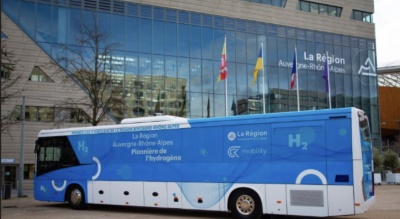 “Motul has already demonstrated the efficacy of the dielectric fluid on several high-profile concept vehicles.”
“Motul has already demonstrated the efficacy of the dielectric fluid on several high-profile concept vehicles.”
Hydrogen is also coming more and more into the reckoning as a viable alternative sustainable vehicle fuel source, says Motul; and here it has been working with GCK, on a project to convert diesel buses to hydrogen in the Auvergne-Rhône-Alpes region of France.
The thermal engine will be replaced by a hydrogen fuel cell powering an electric motor. Motul is providing dielectric fluid for the batteries of these new vehicles. 16 buses will hit the roads this year, with a target of 50 by 2026.
“Overall, we are looking at what we think will be a golden period for downstream specialist lubricant companies, such as ours, in the coming few years,” explained Motul UK and Ireland country manager, Andy Wait.
“However, we also see ourselves more and more as a fluid technology company, with a constantly strengthening sustainable outlook through exploring new opportunities in both traditional lubricants and alternative-fuel vehicle-related fluids. There are exciting times ahead…”





